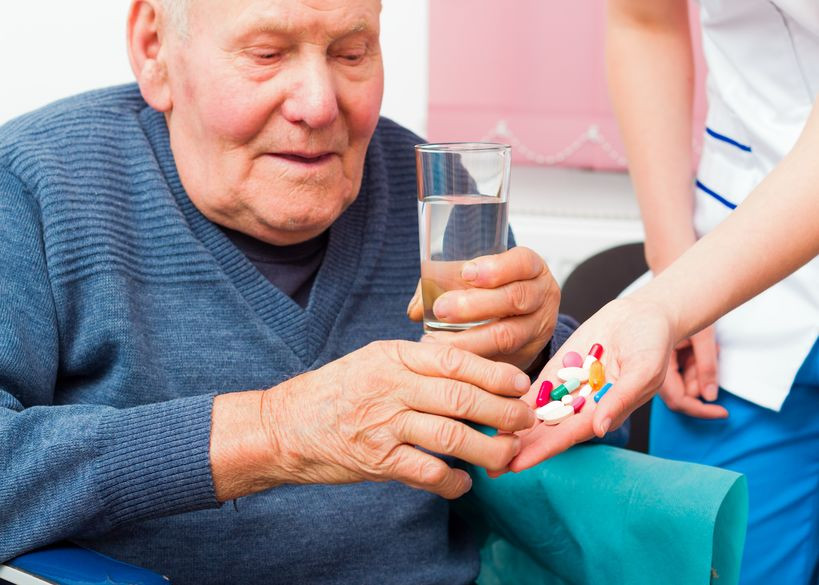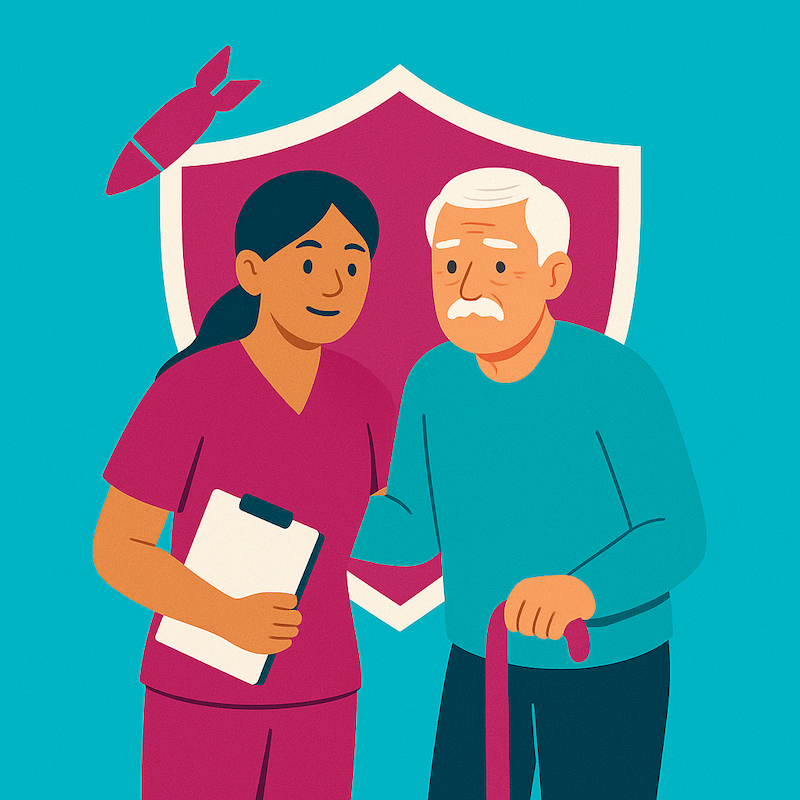Medication Management: How Involved are you as a Caregiver?
The iSavta Team | 13.11.2019

Taking multiple medications can cause a bit of difficulty to a person who is sick. There is a higher chance that the sick person would forget what medications to take and at what times should they be taken. So instead of improving the sick person’s life, they tend to decline because medications aren’t taken properly.
To assist patients in getting the right prescriptions, medication management is needed to ensure that the right medicines are taken at the right time and to avoid the dangers that may happen if incorrect medication is taken.
Caregivers play a vital role in managing the medication of their patients. Every medication carries an amount of risk such as possible side effects and allergic reactions when taken with other drugs, food, or alcohol. The caregiver can help prevent the unwanted negative consequences of improper medication by identifying when an actual or potential medication-related problem is likely to occur. Recognizing changes in the patient’s health condition and describing these changes in full and detail to health care professionals is critical to the patient’s well-being. With a caregiver’s help, medication-related issues such as incorrect dosage, drug interactions, and untreated conditions can be prevented and addressed.
Furthermore, caregivers keep track of medication schedules of their patients and administer them accordingly. To fully understand the medicine’s impact to the body, the caregiver could take down notes and ask questions about the medications to the respective physicians. Important information relevant to the safe use of medications is necessary to protect the recipient from any possible harmful side effects a certain medicine may pose.
Caregivers also play a key role in administering medicines that require motor skills such as injections, inhaled medications, and eye drops. It is also the task of the caregiver to communicate with the pharmacist and the physician if they have any concerns regarding the side effects of the medicine or if they find the medication ineffective. Moreover, the caregiver has to consult the pharmacist first before using any over-the-counter medication to relieve some side effects of other medicines.
Medication management guarantees that the health of the individuals under care are of utmost importance. With the aid of the caregiver, the family and the patient would be less stressed and more comfortable knowing that the medications are being administered correctly. In effect, emergency room visits or hospital stays due to medication related problems will be avoided. With medication management, the patient will have a better quality of life and their loved ones will worry less about the status of their health.











